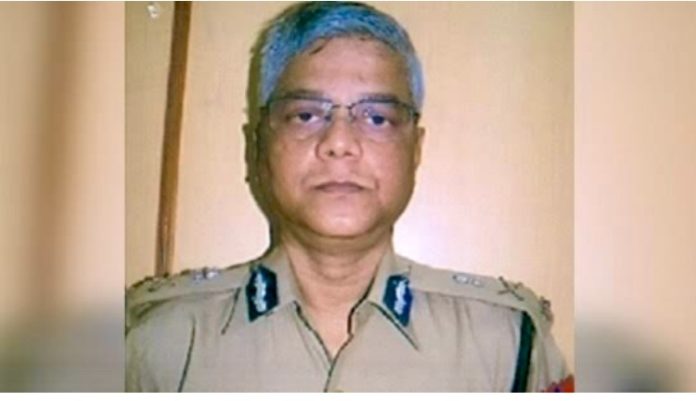Rajasthan DGP Utkal Ranjan Sahoo has been appointed as the chairman of Rajasthan Public Service Commission (RPSC).
Sahoo, 61, will remain chairman till June next year. The retirement age of RPSC chairman is 62 years.
He will be the third DGP to helm the top position in RPSC, which is responsible for selecting officers in state services. Before, him Bhupendra Singh and Devendra Kumar were the other former DGPs who helmed the post.
However there are many IPS officers who had been chairman of RPSC. PS Yadav, HN Meena, ML Kumawat, Habib Khan Gauran and Sanjay Kumar Shrotriya who was the last fulltime chairman before Sahoo.
Why Government Chose Sahoo?
With paper leaks and several other controversies mired with RPSC, the beleaguered recruitment agency needed an honest face to project the clean up exercise. Among available officers, UR Sahoo, with an expertise of over 37 years of experience in policing stood a great chance. The government was keen to have a chairman with police background to clean up the mess. It had other options in ACB DG Ravi Prakash Meharda and IPS Hemant Priyadarshi, who retired last month. Meharda is due to retire this month. But the state government chose to appoint the top officer of police force to helm the post.
Sahoo has a clean image with unblemished track record. He is a native of Odisha and is soft spoken. He is a team man and believe in taking team along.
What next?
Rajasthan government has an option of picking full time DGP duly approved by UPSC through the proper process. It may also go Uttar Pradesh way and appoint an officiating DGP ignoring the seniority. Among the top contenders are Rajeev Kumar Sharma and Sanjay Agrawal. Rajeev Kumar Sharma is currently on central deputation serving as Director General, Bureau of Police Research and Development while Agrawal is serving Director General Intelligence. If seniority has to be ignored then Anand Srivastava, who was promoted to DGP rank last month, can be the top candidate for the plum post.
How DGP is selected?
The appointment of a Director General of Police (DGP) involves a process where the state government submits a list of eligible officers to the Union Public Service Commission (UPSC).
The UPSC then prepares a panel of three officers, and the state government selects one from this panel to be the DGP.

The BuckStopper, run by a group of seasoned journalists, holds the powerful accountable. The buck stops with them, as they cannot shrug off their official responsibilities.



